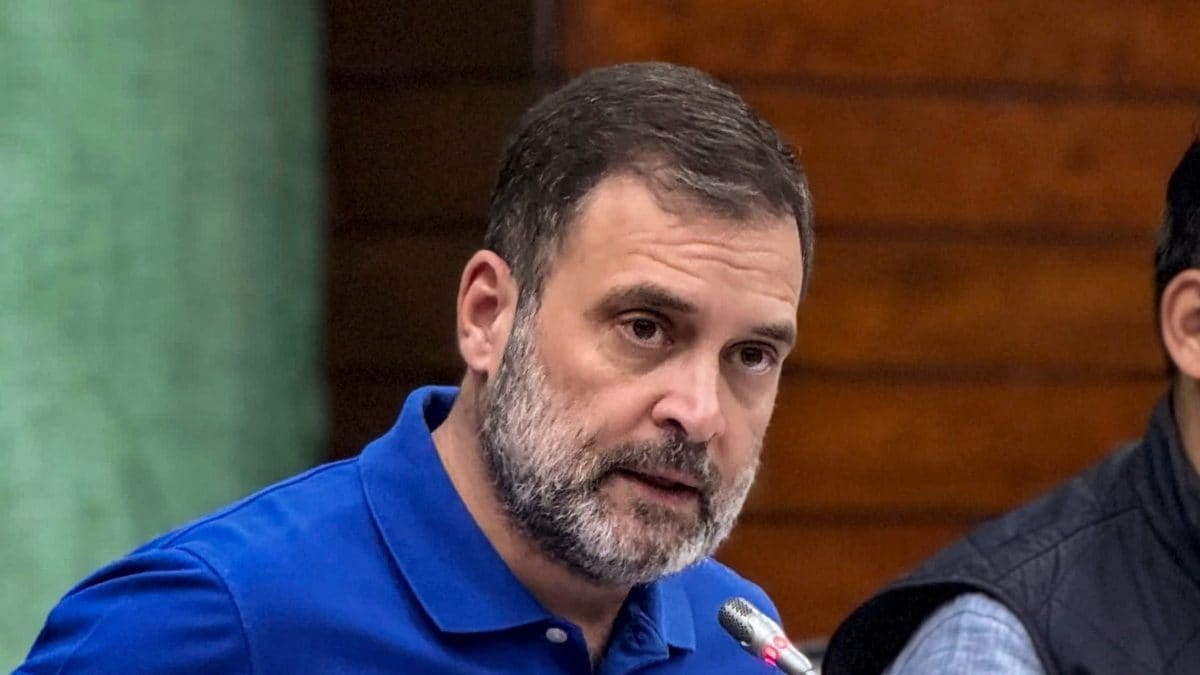 |
|
The death of former Indian Prime Minister Manmohan Singh on December 26th, 2024, has ignited a fresh wave of political sparring between the Bharatiya Janata Party (BJP) and the Indian National Congress. The BJP's sharp criticism of Congress MP Rahul Gandhi's reported trip to Vietnam during the period of national mourning has dominated headlines, highlighting the deep-seated rivalry between the two major political parties. Amit Malviya, head of the BJP's IT cell, initiated the attack, accusing Gandhi of prioritizing a New Year's celebration in Vietnam over respecting the national mourning period observed for Singh. Malviya's statement, shared widely on social media, characterized Gandhi's actions as insensitive and further fueled the ongoing political tensions. This accusation isn't merely about Gandhi's travel plans; it’s a broader attempt by the BJP to portray Congress as lacking in respect for the departed leader and to exploit the situation for political gain during this sensitive time.
The Congress party swiftly responded to the BJP's accusations, defending Gandhi's trip as a private matter and accusing the BJP of using the situation to deflect from other issues. Congress MP Manickam Tagore vehemently rejected the BJP's criticism, accusing the party of engaging in 'Take Diversion' politics. He pointed to the alleged lack of cooperation by the BJP concerning Singh's cremation arrangements as a more significant matter, suggesting that the BJP's focus on Gandhi's travel was an attempt to shift public attention away from their own perceived failings in handling Singh's final rites. Tagore's statements reflect the Congress party's strategy to counter the BJP's narrative by highlighting what they perceive as the BJP's insensitivity and disregard for established protocol concerning the deceased leader. This exchange emphasizes the extent to which the two parties are willing to utilize even sensitive events as platforms to further their own political agendas.
The controversy surrounding Gandhi's trip is not an isolated incident but part of a larger pattern of political animosity between the BJP and Congress. The two parties have engaged in a series of public disputes in recent times, utilizing social media and press conferences to engage in verbal attacks against one another. This latest conflict underscores the deep-seated ideological differences and bitter rivalry that characterize their relationship. The timing of Gandhi's trip, coupled with the national mourning, provided the BJP with an opportune moment to attack the Congress party, exploiting public sentiment and using the opportunity to further portray the opposition as insensitive and unconcerned with national sentiments. This event highlights the highly charged political environment in India and the extent to which even personal events can be politicized and manipulated to serve party interests.
Beyond the immediate political fallout, the incident raises questions about the appropriate balance between public figures' personal lives and their political responsibilities. The debate centers around the expectations placed on political leaders during times of national mourning and the extent to which their personal activities should be subject to public scrutiny. While the BJP’s criticisms focus on Gandhi’s supposed lack of respect, the Congress’s defense highlights the right to personal privacy. This highlights a more fundamental conflict within Indian political discourse, one that concerns the boundaries of privacy, expectations for public figures, and the increasingly blurred lines between personal and political life in the digital age. The conflict has once again brought to the forefront the complexities of navigating public image and political sensitivities within India's vibrant and frequently volatile political landscape.
The death of Manmohan Singh, a figure of significant importance in Indian political history, has undoubtedly cast a long shadow over this controversy. His contributions to India's economic development and his long tenure as Prime Minister command widespread respect, transcending partisan divisions. The controversy surrounding Gandhi's trip, however, serves as a stark reminder that even during moments of national grief, the deep-seated political rivalries within India continue to exert their influence, shaping public discourse and fueling the ongoing battle for political dominance. This incident will likely continue to be analyzed and debated as a case study in political strategy, media manipulation, and the highly competitive nature of Indian politics.
Source: 'Flown To Vietnam': BJP Vs Congress In New War Of Words Over Rahul Gandhi's Foreign Trip
